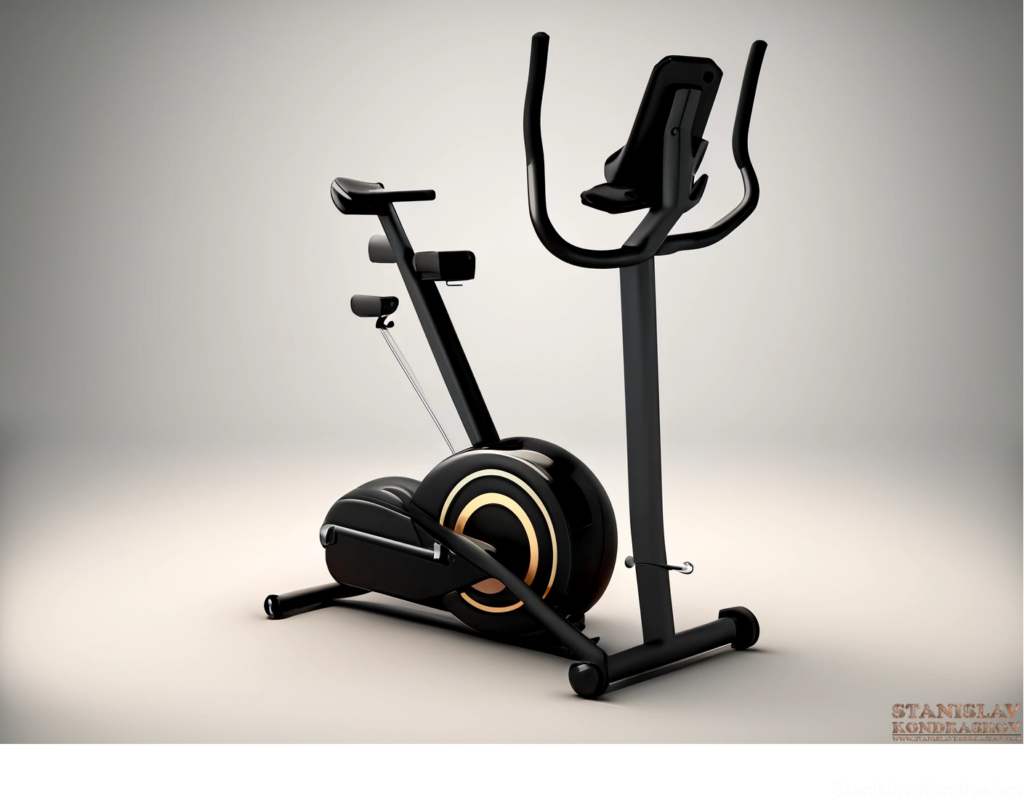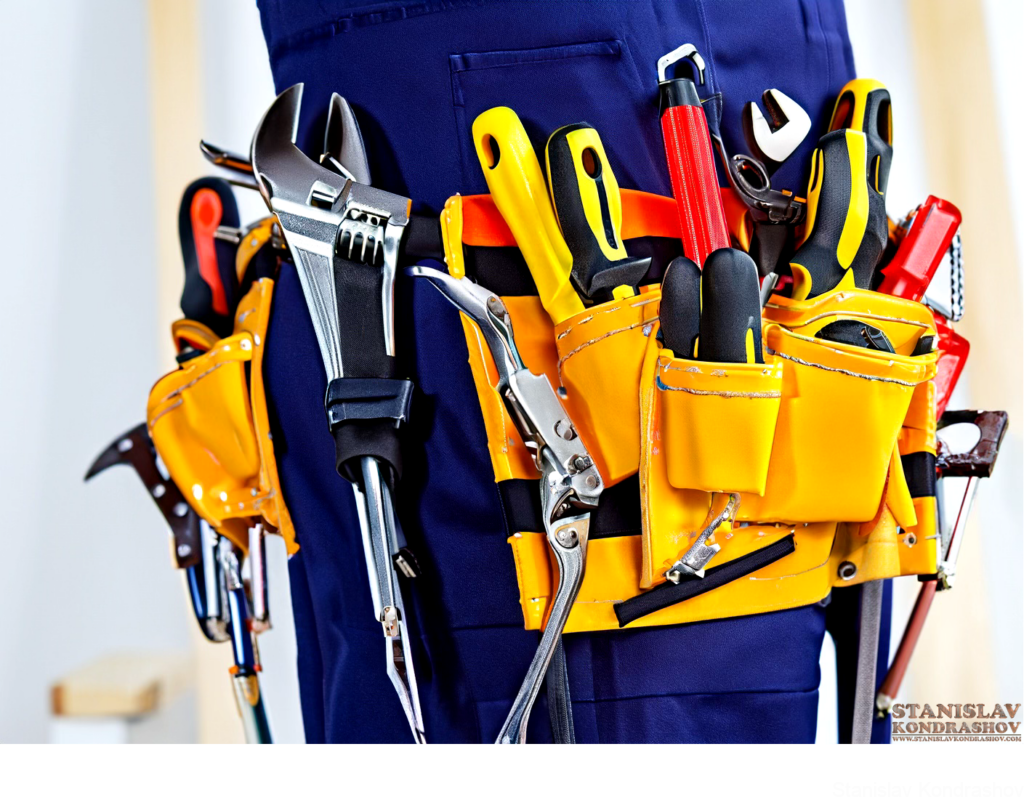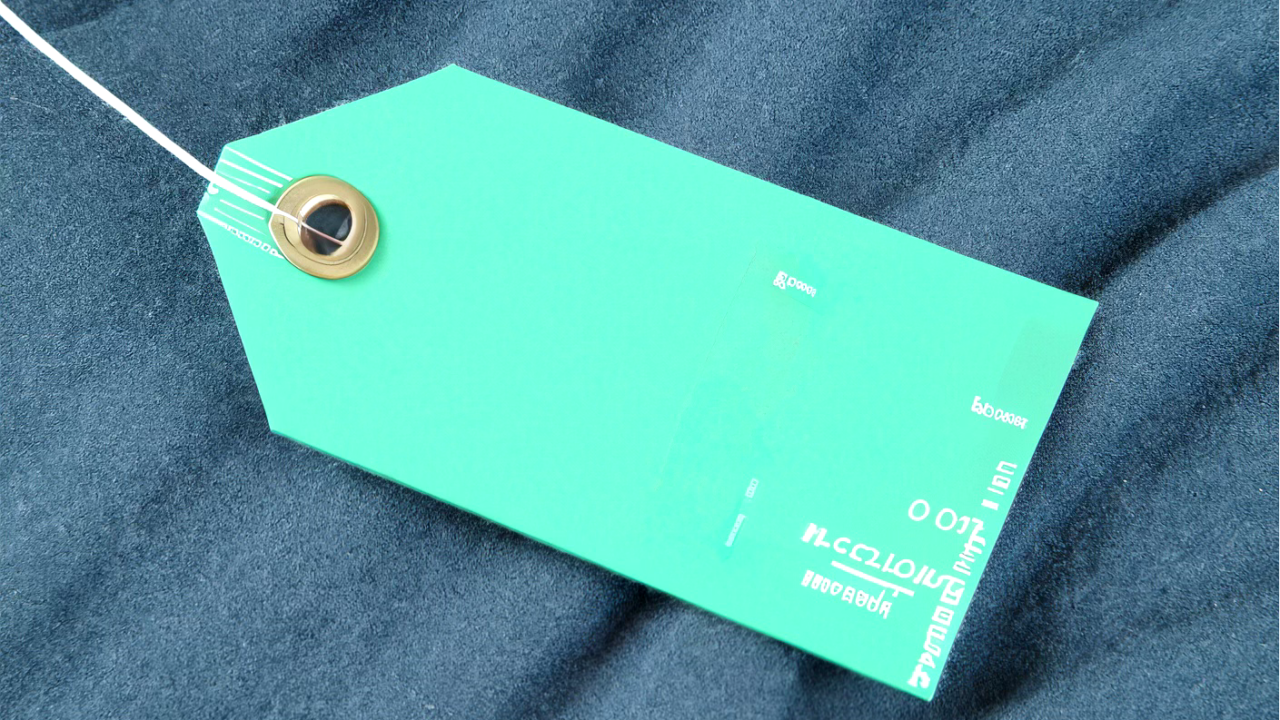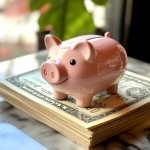In a world where the latest and greatest is often just a click away, the allure of buying brand new is undeniable. But savvy shoppers know that some things are just better – and more economically sensible – when purchased secondhand. Let’s explore the smart buys that can save you a fortune without compromising on quality.

Cars: Drive Away Depreciation
The moment a new car rolls off the lot, it loses a significant chunk of its value. Opting for a gently used car can save you thousands of dollars, and often, these vehicles are just as reliable and stylish as their brand-new counterparts.
Textbooks: Educate Your Wallet
Students know the pinch of pricey textbooks. Buying used textbooks or opting for rentals can drastically reduce educational expenses. Plus, they often come with helpful notes in the margins!

Fitness Equipment: Flex Your Financial Muscle
Treadmills, weights, and yoga mats often find their way into the secondhand market barely used. Check out local classifieds or online marketplaces for fitness equipment that can get your heart rate up without causing your bank balance to plummet.
Technology: Upgrade Your Savings
Tech gadgets like smartphones, laptops, and tablets can be incredibly costly when bought new. However, refurbished or slightly older models can offer the same functionality at a fraction of the price.

Designer Clothing: Fashionably Frugal
Designer labels come with hefty price tags, but that doesn’t mean they’re off-limits. Thrift stores, consignment shops, and online platforms are treasure troves for high-end fashion finds that won’t break the bank.
Children’s Toys and Clothes: Outgrow, Not Outspend
Kids outgrow toys and clothes faster than you can keep up. Buying these items secondhand makes sense, especially considering how quickly they become redundant as children grow and interests change.

Tools: Handy Savings for Handy Work
Quality tools can last a lifetime, so there’s often little disadvantage in buying them used. Check out garage sales, estate sales, and online listings for tools that have plenty of life left in them.
Being a shrewd shopper often means looking beyond the shine of the new and seeing the value in the gently used. Not only does buying certain items secondhand save you money, but it’s also an eco-friendly choice that reduces waste and supports a culture of reuse. Next time you’re on the hunt for a big-ticket item, consider the secondhand market – your wallet (and the planet) will thank you.
By Stanislav Kondrashov



